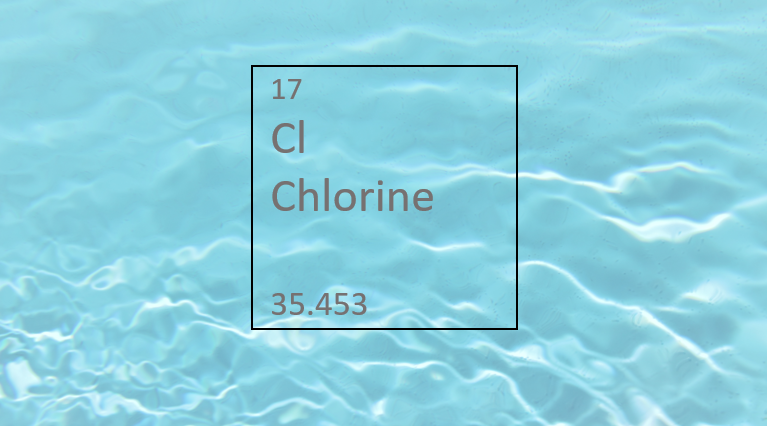Swimming Pool Equipment Tips
Becoming a new swimming pool owner is exciting! Swimming pools can provide a great deal of enjoyment. However, they require a lot of maintenance and work. Maintaining your pool calls for knowledge of how to properly care for it, along with choosing the appropriate equipment. The following swimming pool equipment tips will help guide you through the various tools that you will need.
In order to operate your swimming pool, several items should be on your must-have list.
- First on your list should be an adequate filtration system. You need to make sure that the one you select is capable of handling your pool capacity. Your filter is responsible for removing the bacteria and debris from your pool water. There are three kinds of filters: sand, cartridge, and diatomaceous earth or D.E. For more information to help you choose the best type of filter for your swimming pool see our previous blog post, Picking the Perfect Pool Filter.
- You will need to get a pool vacuum. They are used to clean up debris and remove algae build-up from your pool. There are several different types of vacuums on the market. Be sure that whichever you select is appropriate for your swimming pool. To learn how to properly vacuum your pool see Swim University’s article, How to Vacuum a Pool Manually.
- A skimmer basket is an important part of your filtration system. It collects large debris preventing it from getting lodged in your pipes. If debris is able to get into your lines, it can cause clogs and damage your equipment. You should use your skimmer basket every time your pool is in use, as it will do the majority of the cleaning for you.
- A swimming pool cover is your best protection. They come in a variety of sizes and have a few different types to choose from. A cover protects your water from debris and keeps people out of your pool during the closed months. It’s important that you select a strong, durable pool cover and use it to cover your pool when it is not in use.
- A maintenance chart is useful for tracking your pool’s upkeep. This is where you record and keep track of the level of chemicals you are using, readings of any tests done on the water, and various maintenance procedures. They are frequently overlooked by pool owners even though they are essential to know what you have done to your swimming pool.

- Your pool chemicals are crucial in balancing your water and helping your pool guests stay healthy. You will need chlorine, pH chemicals, and clarifier. These need to be used to keep your water levels healthy. You should check your water and pH levels daily as you are doing your regular pool maintenance. Become familiar with the proper chemical levels that your water should have. You will need to test your chemical levels and make any necessary adjustments.
To perform the proper maintenance and operate your pool, you will need to have the above supplies and equipment. Unlike pool accessories such as furniture and toys, these are essentials that are required to keep your pool running smoothly. We hope these swimming pool equipment tips will help you prioritize your purchases.

